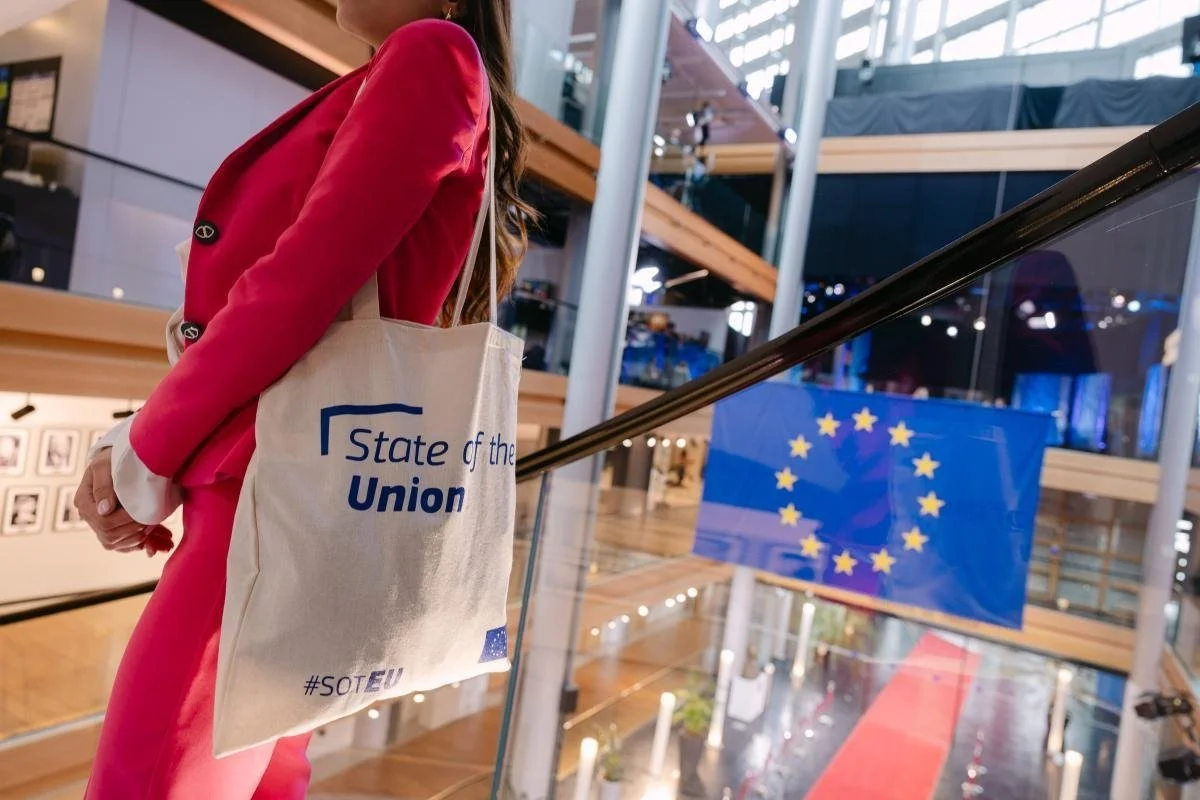Europe’s Five-Year Skills Agenda Reaches Its Final Stage
Analysis | New Stardom
Photographer : Christophe Licoppe, EC - Audiovisual Service
The European Skills Agenda, launched by the European Commission in July 2020, enters its closing phase at the end of 2025. The plan set out a five-year framework to coordinate how EU member states develop and recognise skills, how employers identify talent and how training systems adapt to the digital and green transitions.
The framework built on twelve actions covering areas such as the Pact for Skills, updated labour-market intelligence tools, changes in vocational education and training, investment in adult learning, the EU-wide rollout of micro-credentials and clearer systems for comparing qualifications across countries. Funding came through the European Social Fund Plus, the Recovery and Resilience Facility, Erasmus+, and national recovery plans.
Targets for 2025 aimed to raise adult-learning participation, increase participation among lower-qualified adults and expand the share of the population with at least basic digital skills. These metrics were intended to give member states a common way to track progress. Public awareness of these initiatives remains limited: recent Eurobarometer findings show most adults are not familiar with EU-level skills programmes, their purpose or the support available through national or regional providers.
Eurostat data places adult continuing-education participation at 39.5 percent in 2022 among adults aged 25 to 64. Participation among unemployed adults in the same age group reached 15.3 percent in 2024. Member-state reporting from 2023 and 2024 shows large differences between countries, ongoing shortages in specific sectors and slow growth in digital-skills uptake. OECD reviews published in 2024 reflect the same pattern, noting uneven implementation of national strategies and persistent skills mismatches. Universities appear in several strands of the Agenda, including the development of micro-credentials, alignment with the European Education Area and cooperation on transparency and recognition tools, but the primary focus remains adult learning, vocational training and labour-market skills.
The final months of 2025 feature several high-profile events linked to the Agenda’s themes. Brussels hosted the European Digital Skills Awards 2025 on 12 November, highlighting initiatives that address Europe’s digital-skills gap. The ceremony, part of the EU Skills Days, brought together institutions, member-state representatives, industry groups and civil-society organisations. On 13 November, the European Education and Skills Summit convened ministers, policymakers and training providers to discuss the next stage of European cooperation on education and skills systems.
The Commission launched the “Union of Skills” initiative in March 2025, which is positioned as the follow-up to the current Agenda. Early communication indicates continued emphasis on lifelong learning, digital skills, talent development and stronger coordination with regions and labour-market actors. Details of the next cycle’s targets and governance structure are expected once the Commission publishes final assessments of the 2020–2025 period.
Initial reporting points to progress in cooperation structures and policy design, with several quantitative targets likely to fall short. Analysis by the OECD, Cedefop, and the Draghi competitiveness report highlights priorities for the EU’s next phase of skills policy. Greater involvement of employers, educators, regional actors, and civil society is critical for matching training to real labour market needs, according to the OECD and Cedefop. More investment in adult learning and reskilling, particularly for older workers and those at risk of job displacement, is needed to close persistent gaps, as stressed by the European University Association and the Draghi Report. Integration between education systems, training providers, and labour-market intelligence tools remains essential for keeping up with the speed of digital and green transitions.
For future EU skills frameworks to be more effective and globally competitive, faster policy adaptation, stronger governance, higher investment, targeted digital and green skills programmes, and broader public engagement are needed. Yet, awareness of these EU skills programmes remains limited. ICDL data show many Europeans misjudge their digital abilities and do not (have) access upskilling opportunities supported by EU and national schemes.
Follow global work and job trends. Subscribe to The Monthly Work Roundup newsletter.
This work is funded directly by readers who value independent reporting.
If you find this useful, you can support New Stardom’s independent journalism.
Have insights on work and the future of work? Submit an opinion piece to New Stardom. Love work and career books? Explore our fun workplace book collection.
New Stardom is an independent magazine covering the Future of Work, AI, and emerging job trends. Stay informed and explore more on New Stardom.



